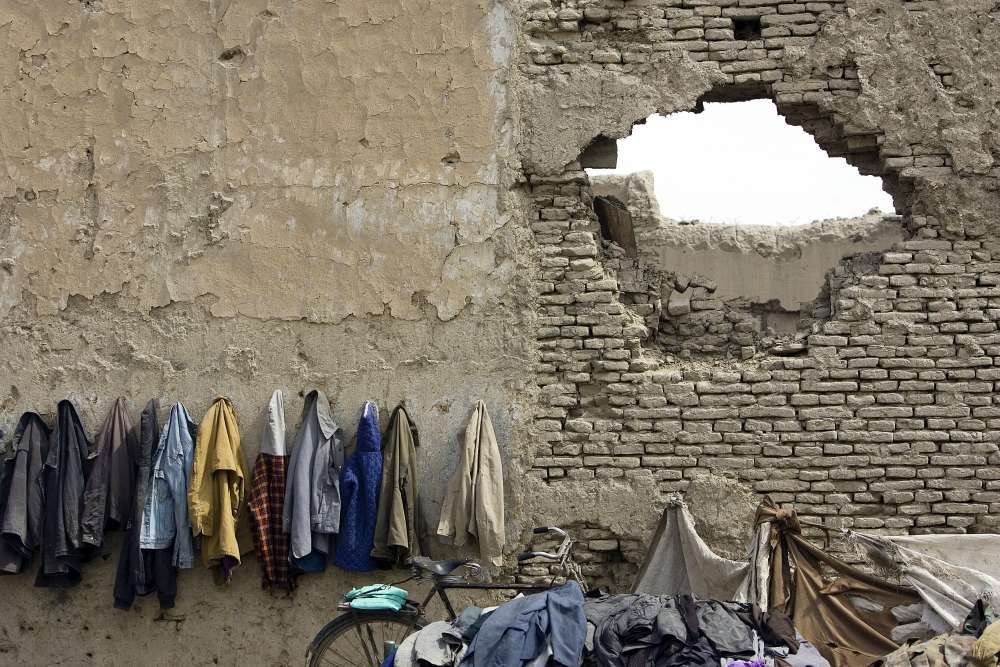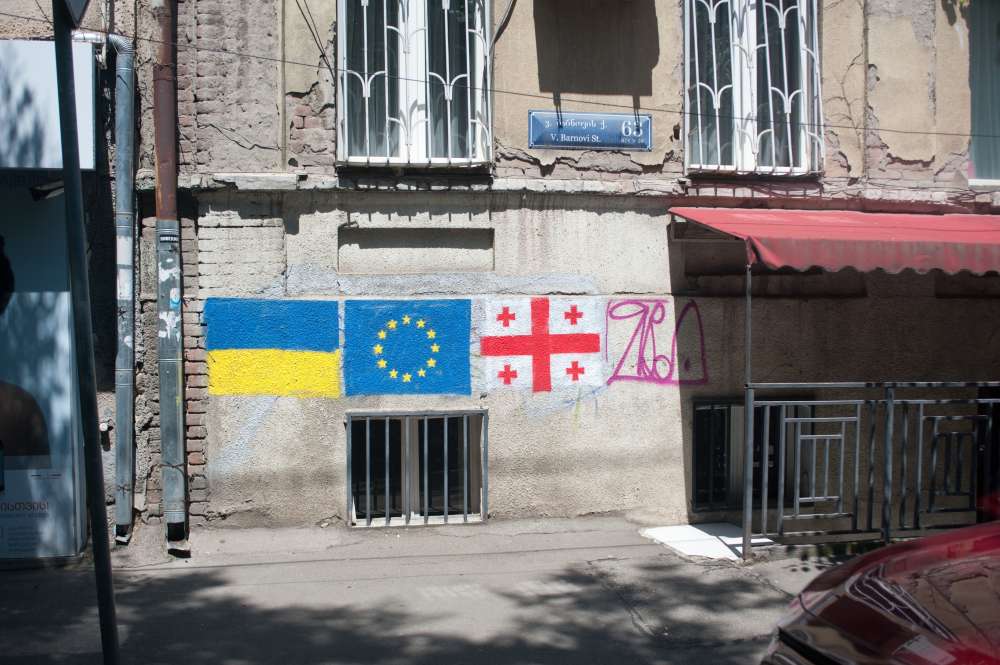2% More Ideas? Military Spending and Germany’s Electoral Debate

The 2017 election season has barely begun, but foreign policy is already caught up in politics. It all started with President Trump’s demands for higher military spending and a rhetorical gaffe by Jens Spahn, a deputy minister of finance from Angela Merkel’s CDU party, who said the country should invest in arms instead of social services. German Foreign Minister Sigmar Gabriel responded during his SPD party’s recent conference by railing against a “spiral” of military buildup. The fans cheered. Double the defense budget more than 65 billion euros per year? Not a chance, Gabriel said, whatever declarations of intent NATO may have collectively issued. For his social-democratic audience, Gabriel played the 2‑percent goal for defense spending against the equally unattained 0.7‑percent goal for aid. “The other way around, I’d get it,” he roared. His party delegates celebrated. A touch of then-Chancellor Gerhard Schröder’s successful mobilization against the US invasion of Iraq in 2003 was in the air.
Both Gabriel and the SPD know full well that Germany’s armed forces, the Bundeswehr, urgently need to modernize. Already in 2014, responding to Putin’s aggression, conservatives and social-democrats agreed to reverse the longstanding downward trend in German defense budgets. Since 2015, that trend has been reversed, and the military now has more money than it can spend. Trump’s bluster makes it look as if German political leaders wimpishly followed orders from the worst-liked US president in remembered history. Trump wants to cut billions from diplomacy and development to build up the military, and Germany follows like a poodle?
That image will not work for any party in German elections, but just opposing the 2‑percent goal is not good enough. We lack a modern vision for a European strategy for peace and security, one that spells out what Germany can do to help Europe become a strategic, preventative foreign policy actor. This would be a debate worth having during this electoral season. We will not get there if some ask for huge increases in military spending while others ritualistically counter with demands for more aid.
A quick look at the numbers: There are basically three “international” budgets – those of diplomacy, defense, and development. In 2017, a good 70 percent (37 billion euros) of those budgets are earmarked for the Bundeswehr. Were the CDU to prevail with its demand to meet the goal of 2 percent of GDP by 2024, the relative weight of the military would rise to almost 85 percent of Germany’s combined international budgets. The others would barely rise at all, according to the government’s mid-term financial planning, which CDU (and its sister party, CSU) and SPD jointly approved. In relative terms, the weight of foreign policy would decline from 10 to 6 percent, the weight of development aid from 16 to 10 percent. The relative significance of diplomacy, defense, and development would massively change, and the resulting message would be stark: Germany wants to be a military power again. Such a framing would be an easy target for pacifists on the far left and leave the SPD vulnerable to the post-communist competition. However, this black-and-white juxtaposition of civilian versus military fails to live up to reality. Civilian and military means are not interchangeable. If we cut a single tank, we could afford a lot of aid workers, that is true. But we cannot expect aid workers to deter Putin’s militias and bolster the security of our Baltic and Polish neighbors. In the summer of 2014, Kurdish fighters saved tens of thousands of Yezidis from the Islamic State’s campaign of genocide. They did not use yoga mats to do so, as Cem Özdemir, the chairman of the Green Party, quipped.
Today, Germany is in a different international position than four years ago. The upcoming elections are an opportunity to discuss the necessary priorities of our growing international responsibility in concrete, practical terms. We need to discuss a real strategy for ensuring our collective peace and security with our European neighbors, not carry on with rhetorical fights about the size of a single instrument within that strategy.
It is true, after all, that as Europeans we can no longer just rely on the United States. It is true that we need to do more to protect our common security via EU and NATO. It is true that we need to be better prepared to prevent or mitigate crises such as the war in Syria or the advance of the Islamic State in Iraq. An armored force in Lithuania and air policing over the Baltic States are as important as preventing violence and solving conflicts. Alliance defense is as much part of a modern, preventative, European peace and security strategy as crisis prevention and conflict resolution.
Both defense and crisis prevention require greater German contributions. Right now, Germany spends barely 1.6 percent of its more than 3 trillion euros annual economic output on diplomacy, defense, and development altogether. That is not good enough. The Bundeswehr needs more ships, transport aircraft, helicopters, medics, reconnaissance, and much more, and most of it is equally necessary for peace operations as well as for common defense through EU and NATO. It is not just about military capabilities, however. We also need to get better at helping Iraqis in the liberated areas to rebuild their lives, to restart their economy, and to reform their political order in such a way that Iraq will not be such easy prey for the next gang of militant demagogues that will follow the demise of the Islamic State. We also need to be able to invest in real conflict prevention, particularly through smart development and diplomacy, where the next big refugee crisis is most likely in the making: in the Sahel.
For all that, the German government needs more effective instruments of crisis prevention, stabilization, and peacebuilding. It all starts with foreign policy. As long as we cannot afford more than a single political officer in our embassies’ political “departments” in many potential crisis countries, a lack of strategy should not surprise us. Similarly, development cooperation has barely started to adapt to the specific challenges of violence and conflict. There are not enough police officers, judges, and prosecutors for even small numbers to deploy to training missions in foreign countries. What we really need, then, is not just a cash injection for the Bundeswehr but a strategic buildup of diplomacy, development, and defense as a whole – in the service of an overarching peace and security strategy within a common European framework.
Striking figures can help in this discussion. In the long term, do we need to double our investment in peace and security as a whole to reach about 3 percent of GDP, as Wolfgang Ischinger suggested? What can we expect from such an investment in terms of results? And finally, yes, what parts should diplomacy, defense and development each play? These are the questions worth having a real political debate about, particularly before an important election.
…
This is the English version of a commentary published on the PeaceLab2016 blog. Abridged versions were featured in the online and print editions of Tagesspiegel Causa.







